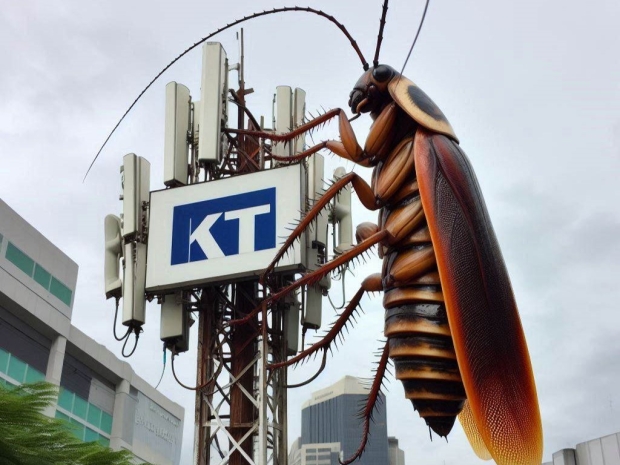File sharing has been increasing lately as streamers start to make unreasonable payment demands on customers or make their content unusable with averts, and it would appear that KT wanted to lead the way in a counterattack.
Investigators at JBTC believe that KT had been disseminating malicious software to its subscribers' computers, ostensibly to disrupt and obstruct torrent traffic.
In South Korea, filesharing thrives under the moniker of "Webhard" services—aptly named Web Hard Drives. These premium BitTorrent-assisted platforms facilitate file exchange and offer dedicated web seeds, ensuring the perpetual availability of shared content.
The crux lies in the BitTorrent-enabled 'Grid System,' which gained such prominence in Korea that even Internet Service Providers (ISPs) couldn't ignore it. However, the bandwidth-intensive nature of torrent transfers poses a financial burden for providers. Consequently, they harbour reservations about hosting file-sharing activities on their networks.
KT, a colossus among South Korea's ISPs with a staggering 16 million subscribers, previously faced scrutiny for tampering with the Grid System. In 2020, their throttling practices led to a legal showdown, where the ISP cited 'network management' costs as justification for their interference. Ultimately, the court ruled in KT's favour, but the saga didn't conclude. A lingering police investigation initiated at the time has now borne fruit.
Recent reports reveal a raid on KT's data centre unearthed a clandestine 'throttling process.'
Dozens of devices were implicated, far exceeding mere bandwidth limitations. Webhard users who encountered issues four years ago didn't merely grumble about sluggish downloads. Instead, they faced inexplicable service outages and errors. All signs pointed to KT subscribers as the aggrieved parties.
JBTC's meticulous investigation showed that KT actively planted malware on Webhard services' computers, affecting an estimated 600,000 KT subscribers.
The Gyeonggi Southern Police Agency, spearheading the probe, suspects an orchestrated hacking campaign. A dedicated KT team deployed malware to eavesdrop on subscribers and disrupt their private file transfers.
The motive behind KT's malware distribution remains shrouded in mystery. However, police sources hint at internal discussions within KT revolving around network-related costs. Financial considerations may well have driven these covert actions.

